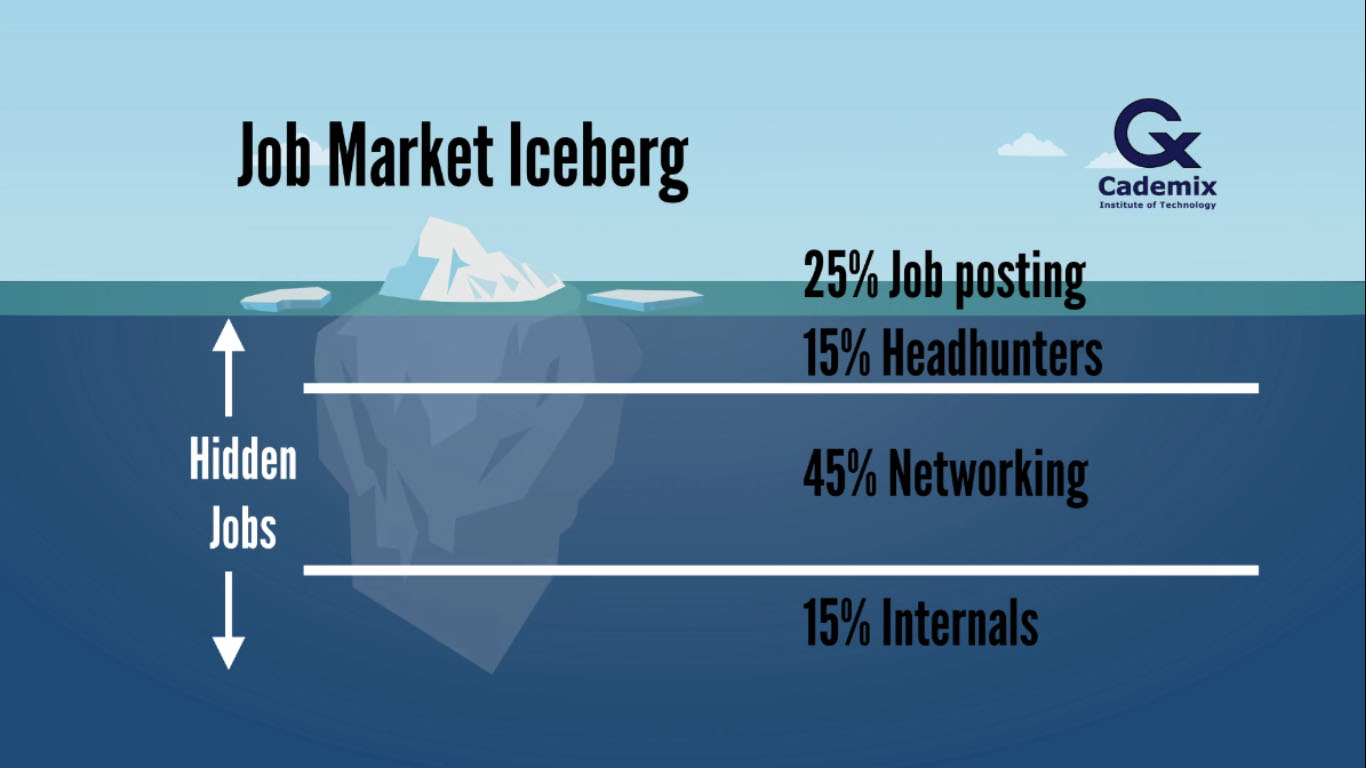Cademix Institute of Technology, Vienna, Austria | +43 650 967 7080 | info@cademix.org


Cademix Institute of Technology
Job seekers Portal for Career Acceleration, Continuing Education, European Job Market
People also visited:
Application History: A Career Acceleration Toolkit
Prescription Glasses: From Eye Examination to Stylish Eyewear
Freelance Architect Job, Design and Make Money
Color Contacts for Astigmatism: Benefits, Risks, and Important Considerations
Healthy Food Production Challenges in Developing Countries
Rural Entrepreneurship
International Applicants in Europe: Psychological Barriers and Adaptation Strategies
Arduino and Raspberry Pi in an Amazing Smart Home
Mechanical and Lab Skills - Top 10 Skills for Every Lab Expert
Mastering Task Management Strategies: A Guide to Leveraging Task Momentum and Overcoming Sunk Cost B...
European Union Chemical Regulations - A Review
Legal Careers in Europe: Opportunities for International Lawyers
How can an Engineer become an Agile Project Manager?
Followers, Fame, and the Making of an Influencer
AI Bias and Perception: The Hidden Challenges in Algorithmic Decision-Making
Wartung und Langlebigkeit von Photovoltaikanlagen: Beste Praktiken
Comprehensive Guide to Mock Interviews: How to Prepare and Succeed in Job Interviews
SEO-Optimierung für mehrsprachige Websites: Ein umfassender Leitfaden
How to change jobs during a pandemic
How Chat-GPT Can Assist Students in Academic and Career Development
Sustainable Practices in Farm Equipment for Sale: Embracing a Circular Economy
Job Consultancy Services in Europe
The Evolution of Color Lenses: A Journey Through History and Fashion
5 easy ways to never run out of new ideas
People also visited:
Gas Emission Control Silencer
From Sketch to Prototype: Transforming Your Ideas with TinkerCAD
RX Safety Glasses: Protecting Your Vision with Style and Function
Challenges in 3D Medical Imaging Reconstruction: Factors and Considerations
Integrating Accessibility into UX Design
Pre Reg Optometrist Jobs: A Comprehensive Guide for Aspiring Optometrists
Acuvue Oasys for Astigmatism Daily: A Comprehensive Overview
The Synergy of Human Skills and GPT-4o: Maximizing AI Potential
Comprehensive Guide to Resume Template Download: How to Find, Download, and Customize for Job Applic...
Moody Lenses: Stylish and High-Quality Contact Lenses
Essential leadership skills to help you succeed in post covid world
Selection of Materials and Plastic Technology in Pharma
The Future of Content Moderation: Balancing Free Speech and Platform Responsibility
ഒരു VUCA തൊഴിൽ വിപണിയിൽ കരിയർ ആത്മവിശ്വാസം വർദ്ധിപ്പിക്കുന്നതിന് AI എങ്ങനെ ഉപയോഗിക്കാം
UX Design and Leveraging Art Principles in Web Design
How GPT-4o Enhances Text, Voice, and Vision - GPT-4 Capabilities
How to create animation in Matlab?
Revolutionizing Manufacturing: The Future of Industrial Automation
Technology-Driven Career Acceleration: Why AI is Not Enough
Electrical Design Tools: EPLAN, AutoCAD Electrical and the Alternates
Circular Economy 101: How Recycling and Reuse Contribute to a Greener Planet
AI Technologies emerging beyond 2020
Comprehensive Guide to the Best Resume Format: How to Choose and Use Them Effectively
Lower Tuition Fees for Low Income Countries

